What do we do?
Geothermal energy provides base-load heat and/or electricity and is a primary energy resource for a sustainable future. Numerous research projects have investigated the exploration of geothermal systems or focused on specific aspects of subsurface or surface components of the system. Efficiency and safety of geothermal operations on the other hand have not been considered a comprehensive research topic nor is a broad interdisciplinary training programme available. Training for geothermal operations is not standardised and still has to be optimised.
The individual research projects of this research programme cover the whole chain of geothermal operations. Specific research topics are: optimised representation of reservoir heterogeneity, reservoir management including upscaling of laboratory-scale measurements to reservoir scale, near-borehole and in-borehole coupled processes, power-plant component optimisation, optimised injection strategies including alternative fluid, e.g. CO2, and geophysical-geochemical monitoring during operations. Different methods will be used in the ESR projects including onsite field measurements, laboratory experiments and novel simulation techniques. All projects are aligned with two key research questions: “How do we run geothermal systems efficiently?” and “How do we run geothermal systems safely?”

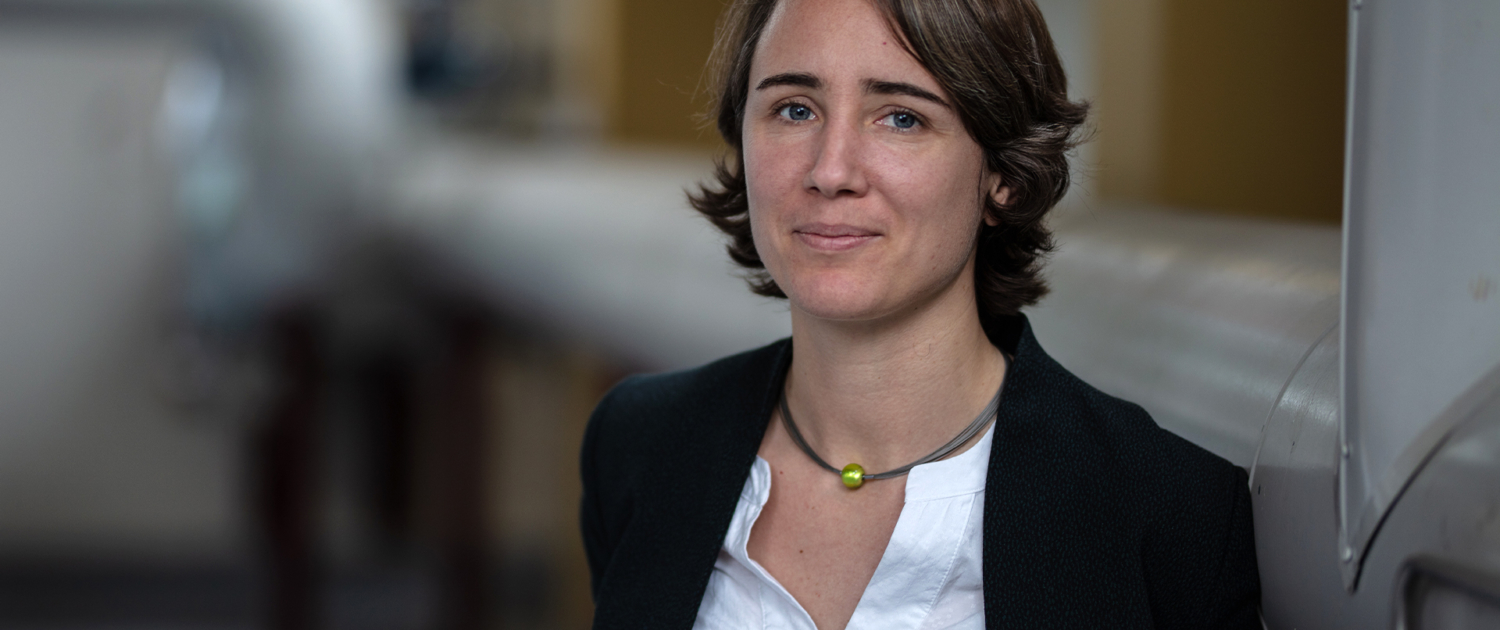
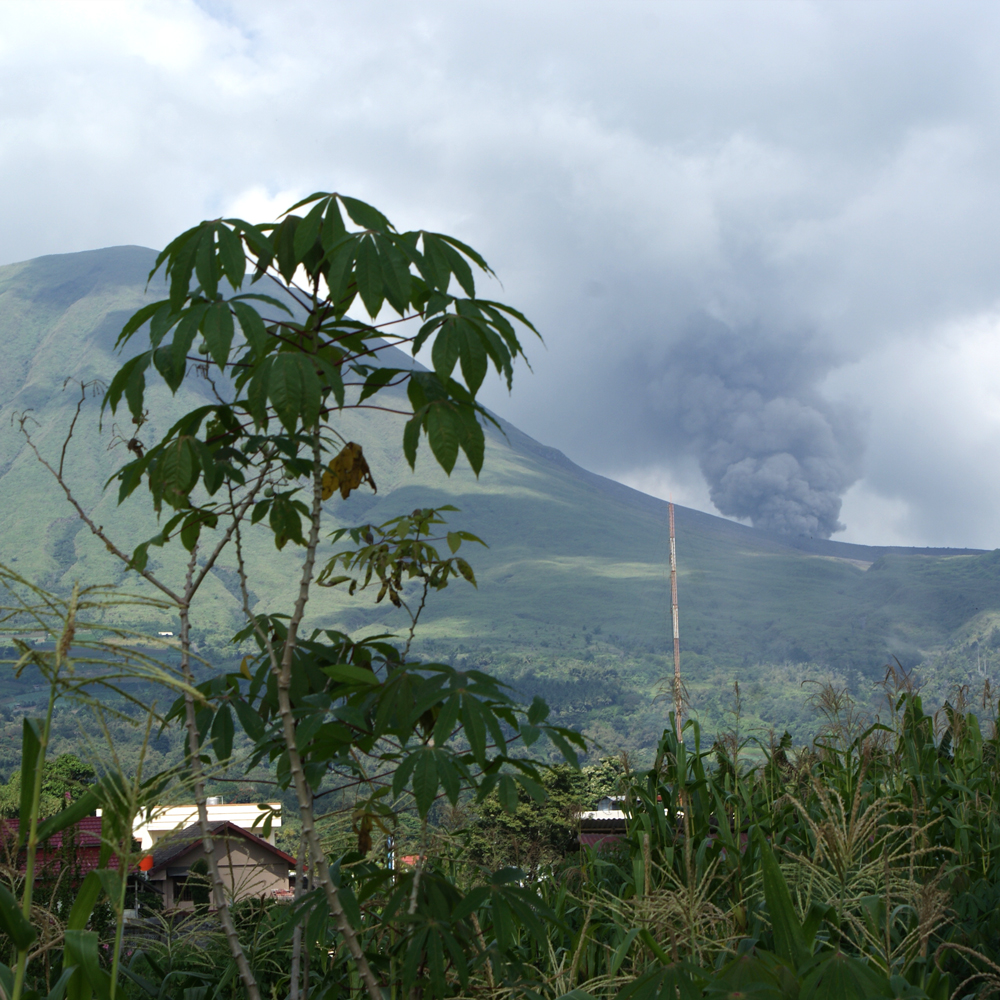
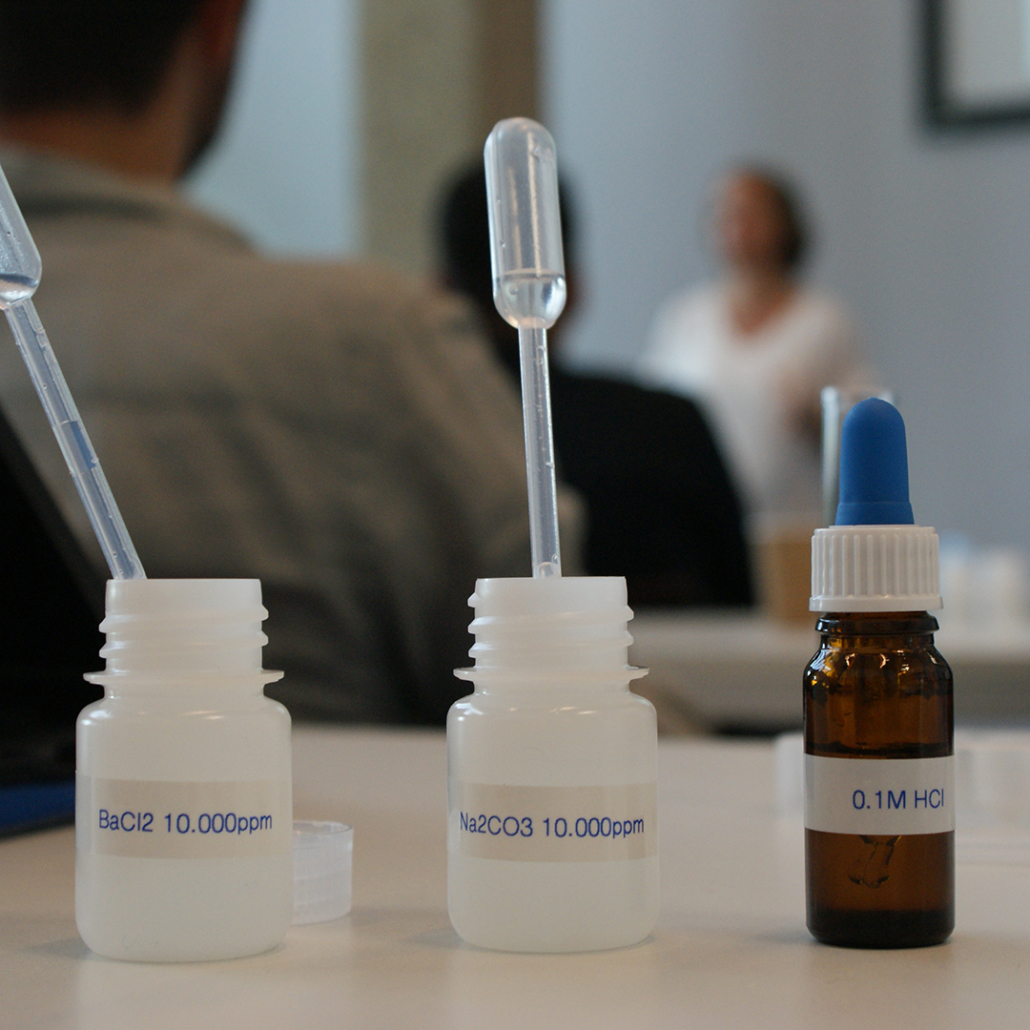
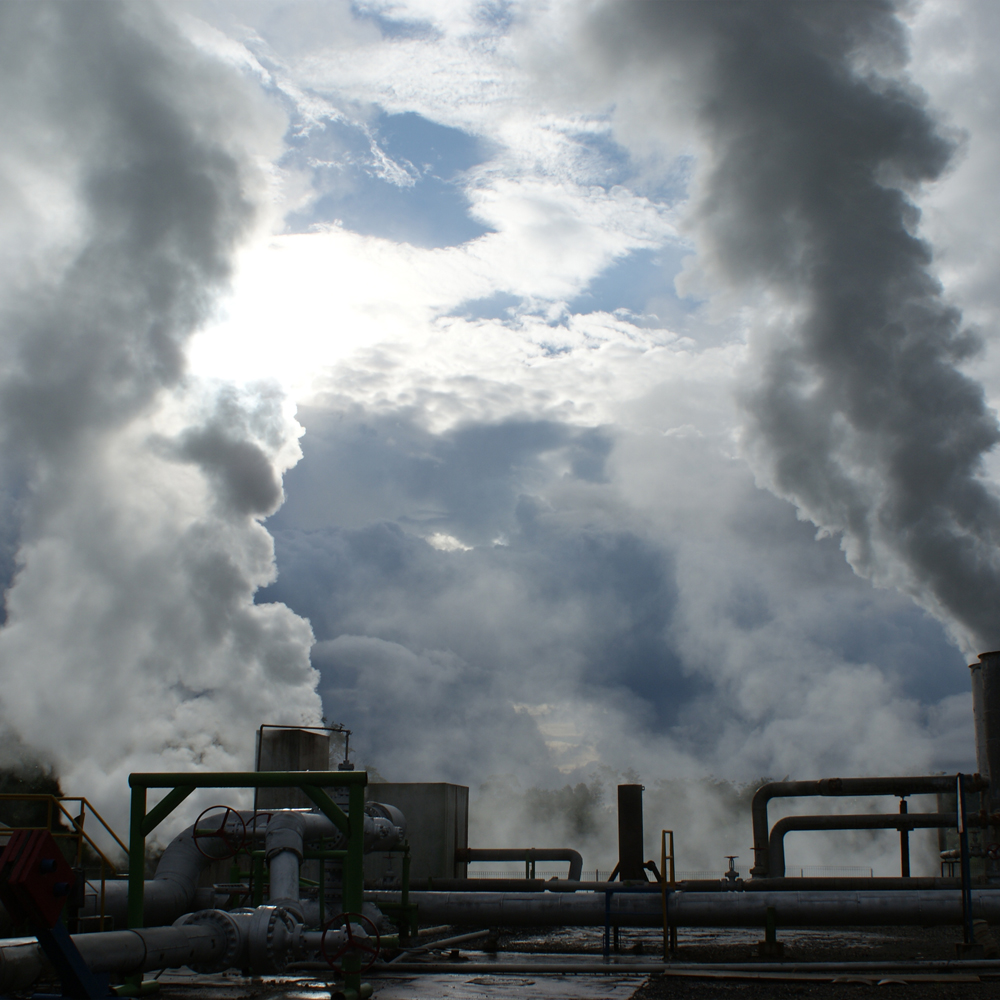
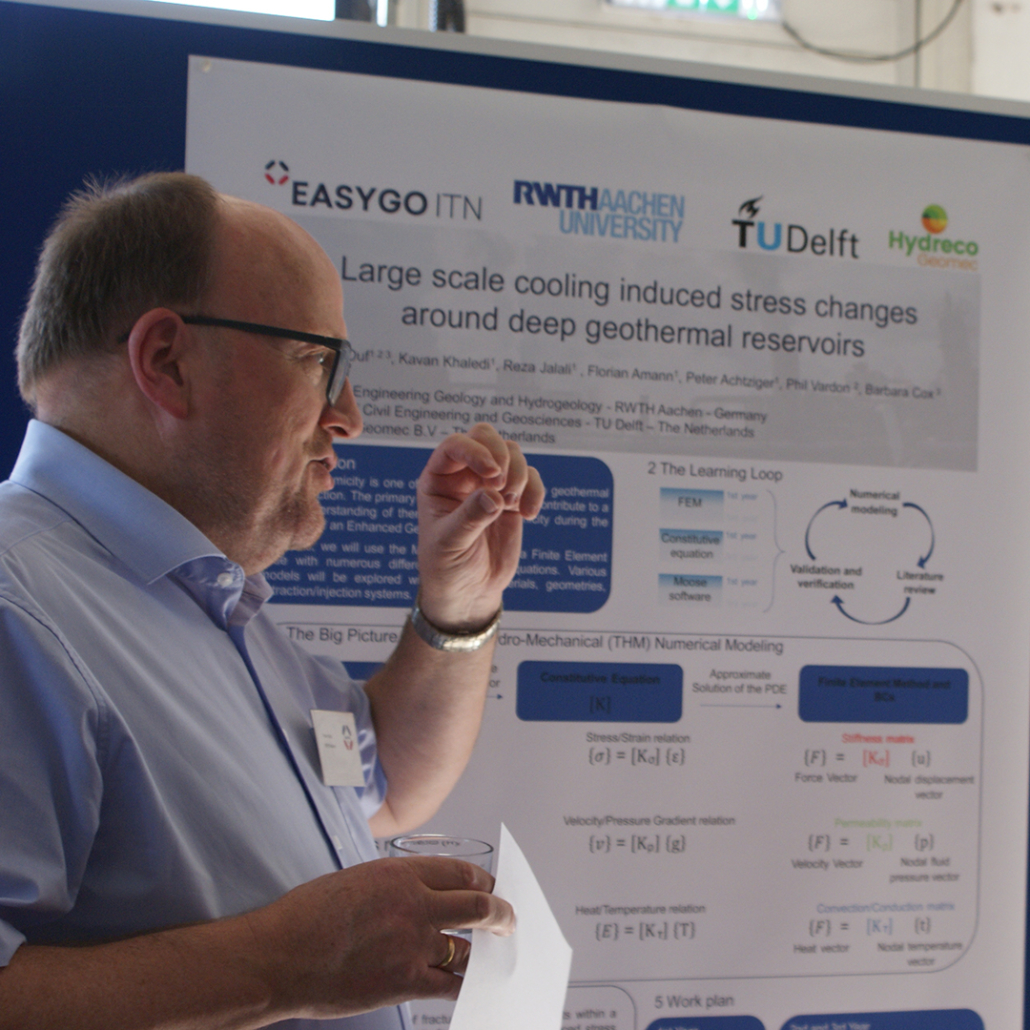

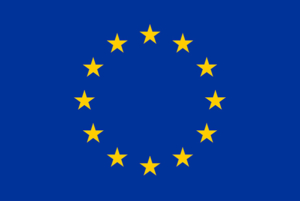 This project has received funding from the European Union’s Horizon 2020 research and innovati
This project has received funding from the European Union’s Horizon 2020 research and innovati